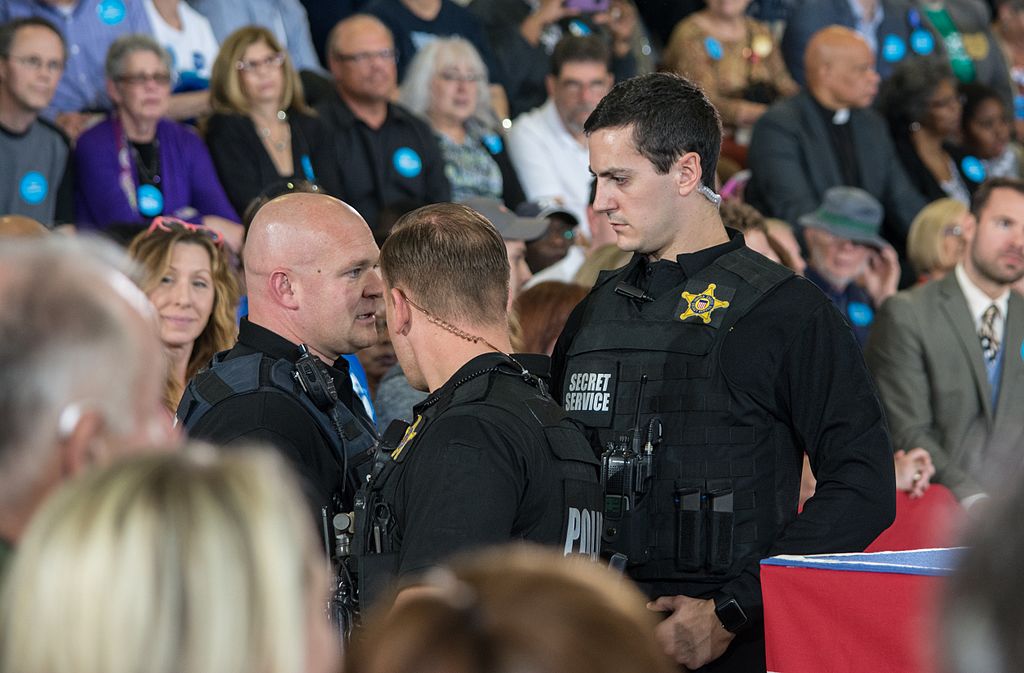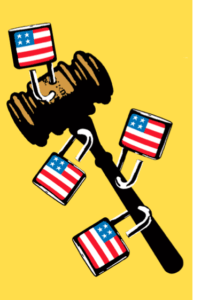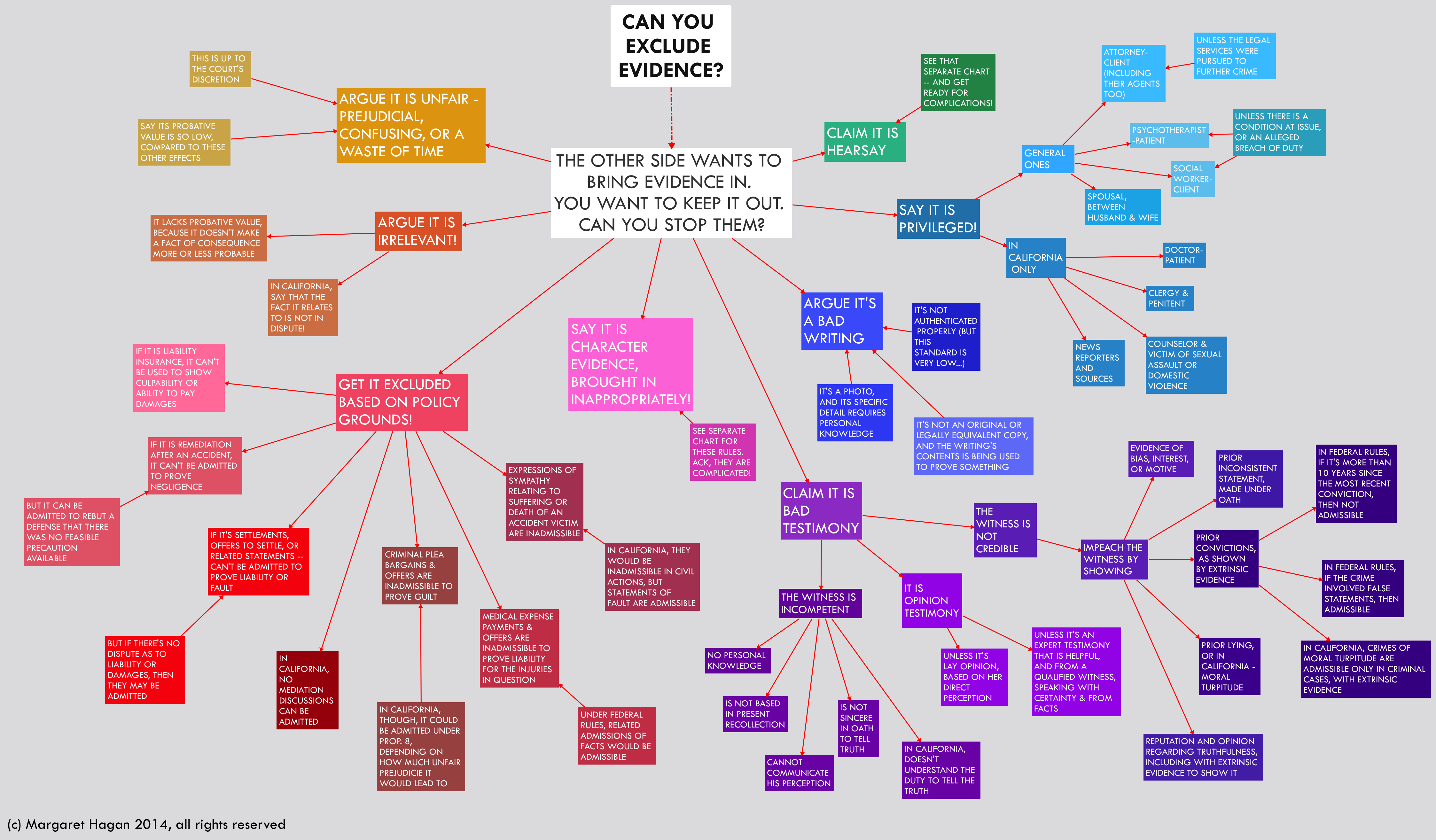How Far Does Qualified Immunity Go for Government?
By David L. Hudson Jr.
Qualified immunity is a doctrine that shields government officials from liability unless they violated clearly established statutory or constitutional law.
Under this doctrine, a government officials could violate a person’s First Amendment rights, but not face liability because the law was not settled or known at the time the official engaged in such conduct.
Qualified immunity protects government officials when law is unsettled

The idea behind qualified immunity is that society should not punish a government official unless that official knew or should have known what he or she was doing was unlawful. Furthermore, the doctrine advances the idea that we do not want to chill the conduct of government officials who may be leery of acting in certain situations for fear of being sued.
Previously, courts had applied a two-part test to determine whether a government official was entitled to qualified immunity. Under this test, a court first analyzed whether or not a government official had violated a constitutional right. If there was a violation of a constitutional right, then the court determines whether or not that constitutional right was clearly established.
In Pearson v. Callahan (2009), a Fourth Amendment search and seizure case, the Supreme Court provided that reviewing federal district courts could apply the “clearly established prong” first without deciding whether or not there was a violation of a constitutional right. Some legal commentators have criticized this approach, pointing out that it can slow the growth of constitutional law, because courts can bypass the first inquiry of whether there has been a constitutional violation.
Law enforcement is sometimes protected in free speech cases through qualified immunity
The U.S. Supreme Court has determined in many cases that government officials were entitled to qualified immunity in First Amendment cases.
For example, in Wood v. Moss (2014), the Court ruled that Secret Service agents were entitled to qualified immunity when they removed protestors away from then President George W. Bush.
Similarly, in Reichle v. Howards (2012), the Court ruled that Secret Service agents were entitled to qualified immunity from a lawsuit alleging a retaliatory arrest.
Another example is Morse v. Frederick (2007) in which the Court ruled that a high school principal was entitled to qualified immunity for suspending a public high school student for displaying a “Bong Hits 4 Jesus” sign at a school-sanctioned event.
But the extent of qualified immunity in free speech cases has sometimes raised questions. In 2021, the U.S. Supreme Court declined to review a free-speech case in which the 8th U.S. Circuit Court of Appeals granted qualified immunity to college officials at Arkansas State University. Justice Clarence Thomas wrote in a statement with the denial to hear Hoggard v. Rhodes (2021) that he thought the doctrine of qualified immunity needed to be reevaluated or the “one-size-fits-all” approach examined. He argued that school officials who have plenty of time to make “calculated decisions” about student speech rights were different from police officers who have to make split-second decisions that might infringe on constitutional speech rights.
This article was last updated in 2021 by encyclopedia staff. David L. Hudson Jr. is a professor at Belmont University College of Law who writes and speaks regularly on First Amendment issues. He is the author of First Amendment: Freedom of Speech (2012), the author of a 12-part lecture series titled Freedom of Speech: Understanding the First Amendment (2018), and a 24-part lecture series, The American Constitution 101 (2019).
cited https://mtsu.edu/first-amendment/article/1560/qualified-immunity
To Learn More…. Read MORE Below and click the links Below
Abuse & Neglect – The Reporters (Police, D.A & Medical & the Bad Actors)
If You Would Like to Learn More About: The California Mandated Reporting LawClick Here
To Read the Penal Code § 11164-11166 – Child Abuse or Neglect Reporting Act – California Penal Code 11164-11166Article 2.5. (CANRA) Click Here
Mandated Reporter formMandated ReporterFORM SS 8572.pdf – The Child Abuse
ALL POLICE CHIEFS, SHERIFFS AND COUNTY WELFARE DEPARTMENTS INFO BULLETIN Click Here Officers and DA’s for (Procedure to Follow)
It Only Takes a Minute to Make a Difference in the Life of a Child learn more below
You can learn more here California Child Abuse and Neglect Reporting Law its a PDF files taken from
Learn More About True Threats Here below….
We also have the The Brandenburg v. Ohio (1969) – 1st Amendment
CURRENT TEST = We also have the The ‘Brandenburg test’ for incitement to violence – 1st Amendment
We also have the The Incitement to Imminent Lawless Action Test– 1st Amendment
We also have the True Threats – Virginia v. Black is most comprehensive Supreme Court definition – 1st Amendment
We also have the Watts v. United States – True Threat Test – 1st Amendment
We also have the Clear and Present Danger Test – 1st Amendment
We also have the Gravity of the Evil Test – 1st Amendment
We also have the Elonis v. United States (2015) – Threats – 1st Amendment
Learn More About What is Obscene…. be careful about education it may enlighten you
We also have the Miller v. California – 3 Prong Obscenity Test (Miller Test) – 1st Amendment
We also have the Obscenity and Pornography – 1st Amendment
Learn More About Police, The Government Officials and You….
$$ Retaliatory Arrests and Prosecution $$
We also have the Brayshaw v. City of Tallahassee – 1st Amendment – Posting Police Address
We also have the Publius v. Boyer-Vine –1st Amendment – Posting Police Address
We also have the Lozman v. City of Riviera Beach, Florida (2018) – 1st Amendment – Retaliatory Police Arrests
We also have the Nieves v. Bartlett (2019) – 1st Amendment – Retaliatory Police Arrests
We also have the Hartman v. Moore (2006) – 1st Amendment – Retaliatory Police Arrests
Retaliatory Prosecution Claims Against Government Officials – 1st Amendment
We also have the Reichle v. Howards (2012) – 1st Amendment – Retaliatory Police Arrests
Retaliatory Prosecution Claims Against Government Officials – 1st Amendment
We also have the Freedom of the Press – Flyers, Newspaper, Leaflets, Peaceful Assembly – 1st Amendment
We also have the Insulting letters to politician’s home are constitutionally protected, unless they are ‘true threats’ – Letters to Politicians Homes – 1st Amendment
We also have the First Amendment Encyclopedia very comprehensive – 1st Amendment
ARE PEOPLE LYING ON YOU? CAN YOU PROVE IT? IF YES…. THEN YOU ARE IN LUCK!
We also have the Penal Code 118 PC – California Penalty of “Perjury” Law
We also have the Federal Perjury – Definition by Law
We also have the Penal Code 132 PC – Offering False Evidence
We also have the Penal Code 134 PC – Preparing False Evidence
We also have the Penal Code 118.1 PC – PoliceOfficer$ Filing False Report$
We also have the Spencer v. Peters– PoliceFabrication of Evidence – 14th Amendment
We also have the Penal Code 148.5 PC – Making a FalsePoliceReport in California
We also have the Penal Code 115 PC – Filing a False Document in California
Sanctions and Attorney Fee Recovery for Bad Actors
FAM § 3027.1 – Attorney’s Fees and Sanctions For False Child Abuse Allegations – Family Code 3027.1 – Click Here
FAM § 271 – Awarding Attorney Fees– Family Code 271 Family Court SanctionClick Here
Awarding Discovery Based Sanctions in Family Law Cases – Click Here
FAM § 2030 – Bringing Fairness & Fee Recovery – Click Here
Zamos v. Stroud – District Attorney Liable for Bad Faith Action – Click Here
Know Your RightsClick Here (must read!)
Under 42 U.S.C. $ection 1983 – Recoverable Damage$
42 U.S. Code § 1983 – Civil Action for Deprivation of Right$
$ection 1983 Lawsuit – How to Bring a Civil Rights Claim
18 U.S. Code § 242 – Deprivation of Right$ Under Color of Law
18 U.S. Code § 241 – Conspiracy against Right$
$uing for Misconduct – Know More of Your Right$
Police Misconduct in California – How to Bring a Lawsuit
Malicious Prosecution / Prosecutorial Misconduct – Know What it is!
New Supreme Court Ruling – makes it easier to sue police
Possible courses of action Prosecutorial Misconduct
Misconduct by Judges & Prosecutor – Rules of Professional Conduct
RELATIONSHIP WITH YOUR CHILDREN & YOUR CONSTITUIONAL RIGHT$ + RULING$
YOU CANNOT GET BACK TIME BUT YOU CAN HIT THOSE PUNKS WHERE THEY WILL FEEL YOU = THEIR BANK
We also have the 9.3 Section 1983 Claim Against Defendant as (Individuals) — 14th Amendment this CODE PROTECT$ all US CITIZEN$
We also have the Amdt5.4.5.6.2 – Parental and Children’s Rights 5th Amendment this CODE PROTECT$ all US CITIZEN$
We also have the 9.32 – Interference with Parent / Child Relationship – 14th Amendment this CODE PROTECT$ all US CITIZEN$
We also have the California Civil Code Section 52.1Interference with exercise or enjoyment of individual rights
We also have the Parent’s Rights & Children’s Bill of RightsSCOTUS RULINGS FOR YOUR PARENT RIGHTS
We also have a SEARCH of our site for all articles relating for PARENTS RIGHTS Help!
GRANDPARENT CASE LAW
Troxel v. Granville, 530 U.S. 57 (2000) – Grandparents – 14th Amendment
Third “PRESUMED PARENT” Family Code 7612(C) – Requires Established Relationship Required
S.F. Human Servs. Agency v. Christine C. (In re Caden C.)
9.32 Particular Rights – Fourteenth Amendment – Interference with Parent / Child Relationship
Parent’s Rights & Children’s Bill of Rights
Cal State Bar PDF to read about Three Parent Law – The State Bar of California family law news issue4 2017 vol. 39, no. 4.pdf
DUE PROCESS READS>>>>>>
Due Process vs Substantive Due Process learn moreHERE
Understanding Due Process – This clause caused over 200 overturns in just DNA alone Click Here
Mathews v. Eldridge – Due Process – 5th & 14th Amendment Mathews Test – 3 Part Test– Amdt5.4.5.4.2 Mathews Test
“Unfriending” Evidence – 5th Amendment
At the Intersection of Technology and Law
We also have the Introducing TEXT & EMAIL Digital Evidence in California Courts – 1st Amendment
Retrieving Evidence / Internal Investigation Case
Fighting Discovery Abuse in Litigation – Forensic & Investigative Accounting – Click Here
Conviction Integrity Unit (“CIU”) of the Orange County District Attorney OCDA – Click Here
Orange County Data, BodyCam, Police Report, Incident Reports, and all other available known requests for data below:
APPLICATION TO EXAMINE LOCAL ARREST RECORD UNDER CPC 13321 Click Here
Learn About Policy 814: Discovery RequestsOCDA Office – Click Here
Request for Proof In-Custody Form Click Here
Request for Clearance Letter Form Click Here
Application to Obtain Copy of State Summary of Criminal HistoryForm Click Here
Request Authorization FormRelease of Case Information – Click Here
CPRA Public Records Act Data Request – Click Here
Here is the Public Records Service Act Portal for all of CALIFORNIAClick Here
Appealing/Contesting Case/Order/Judgment/Charge/ Suppressing Evidence
First Things First: What Can Be Appealed and What it Takes to Get Started – Click Here
Options to Appealing– Fighting A Judgment Without Filing An Appeal Settlement Or Mediation
Cal. Code Civ. Proc. § 1008 Motion to Reconsider
Penal Code 1385 – Dismissal of the Action for Want of Prosecution or Otherwise
Penal Code 1538.5 – Motion To Suppress Evidence in a California Criminal Case
CACI No. 1501 – Wrongful Use of Civil Proceedings
Penal Code “995 Motions” in California – Motion to Dismiss
WIC § 700.1 – If Court Grants Motion to Suppress as Evidence
Suppression Of Exculpatory Evidence / Presentation Of False Or Misleading Evidence – Click Here
Notice of Appeal — Felony (Defendant) (CR-120) 1237, 1237.5, 1538.5(m) – Click Here
 Epic Criminal / Civil Right$ SCOTUS Help – Click Here
Epic Criminal / Civil Right$ SCOTUS Help – Click Here
 Epic Parents SCOTUS Ruling – Parental Right$ Help – Click Here
Epic Parents SCOTUS Ruling – Parental Right$ Help – Click Here
 Judge’s & Prosecutor’s Jurisdiction– SCOTUS RULINGS on
Judge’s & Prosecutor’s Jurisdiction– SCOTUS RULINGS on
Prosecutorial Misconduct
Judicial & Prosecutorial Conduct
Family Treatment Court Best Practice Standards
Download Here this Recommended Citation
Please take time to learn new UPCOMING
The PROPOSED Parental Rights Amendment
to the US CONSTITUTION Click Here to visit their site
The proposed Parental Rights Amendment will specifically add parental rights in the text of the U.S. Constitution, protecting these rights for both current and future generations.
The Parental Rights Amendment is currently in the U.S. Senate, and is being introduced in the U.S. House.

